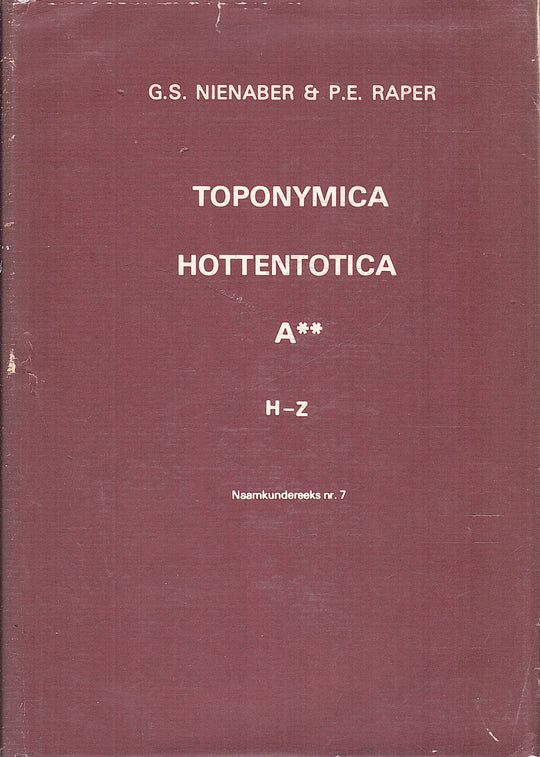Thuata, Tuhata
In the English issue in VRV 12, on p. 225 The name reflected as Thuata. That it should be understood that Tuhata (or Thuata) is the Khoekhounense form 'of the translated Olifants River, suffer no doubt. The -ta will reflect the term 'river', the T- perhaps as Schnalz to appreciate and the - (T) A such as. Namaǃ A-B = River. The -ta will not be exchange form for -da (s), in the meaning of 'place' or as diminutiefformance. Then the Thua the member for 'elephant'. In Old Cape we get for 'Elephant' O.A. Two (b) a (Hott 406) which is good with thua correlation, corresponding to Nama ╪khoa (change T / D with k). 'Olifants River' is then a literal translation from Khoens, here to understand the river that is a tributary of the Gourits River. This river had more than one name, or parts had different names, cf. CunnyCamma and Kwacao.




